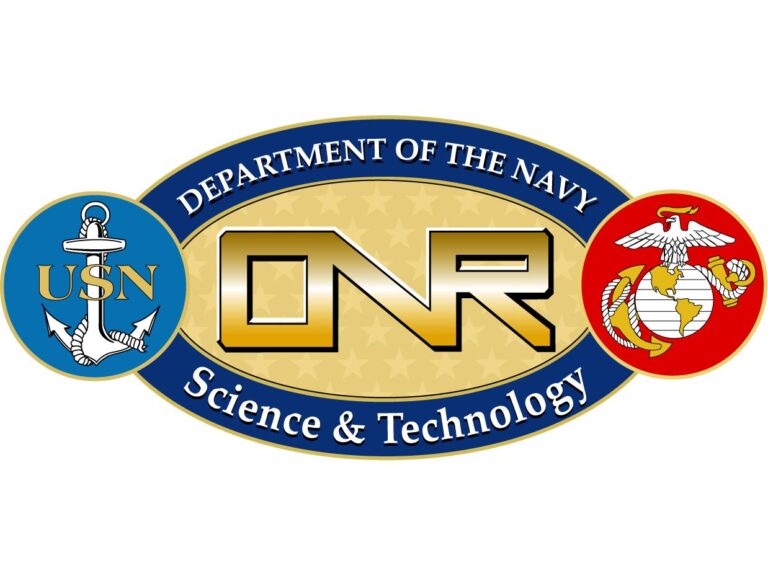Innovative Research Initiatives Begin at NAMRU San Antonio with NREIP and ORISE Interns
The Naval Medical Research Unit (NAMRU) San Antonio has recently welcomed a new cohort of interns from the Naval Research Enterprise Internship Program (NREIP) and the Oak Ridge Institute for Science and Education (ORISE). This partnership is designed to immerse emerging scientists in advanced medical research, directly supporting the Navy’s commitment to enhancing warfighter health and operational readiness. As these interns integrate into NAMRU’s vibrant research community, their contributions are expected to drive forward breakthroughs in military medicine and global health security.
Fresh Perspectives Fueling Breakthroughs in Infectious Disease and Public Health
This summer, NAMRU San Antonio’s research teams have been invigorated by the arrival of NREIP and ORISE interns, who bring innovative approaches and novel techniques to ongoing projects. Their work spans critical areas such as infectious disease surveillance, bioinformatics, and public health defense strategies. By leveraging cutting-edge technologies, these interns are enhancing the laboratory’s ability to swiftly address emerging health threats worldwide.
Working alongside experienced scientists, interns are engaged in diverse projects including:
- Utilization of next-generation genomic sequencing to decode pathogen genomes
- In-depth analysis of pathogen-host interactions to understand disease mechanisms
- Application of machine learning algorithms to predict epidemiological trends
- Integration of field-collected data for real-time outbreak forecasting
These initiatives not only provide invaluable experiential learning but also align with NAMRU San Antonio’s mission to safeguard military personnel and contribute to global health resilience.
| Internship Program | Research Focus | Duration |
|---|---|---|
| NREIP | Dynamics of Vector-Borne Diseases | 8 weeks |
| ORISE | Immunological Response Mechanisms | 10 weeks |
Advancing Military Medicine Through Pioneering Biomedical Research
The collaborative research environment at NAMRU San Antonio, enriched by the contributions of NREIP and ORISE interns, is at the forefront of biomedical innovation aimed at improving military health outcomes. These emerging scientists are involved in transformative projects that address infectious disease control, trauma care advancements, and neuroprotection strategies. Emphasizing translational research, their work ensures that laboratory findings are rapidly translated into clinical applications, enhancing soldier recovery and resilience.
- Infectious Disease Mitigation: Creating rapid diagnostic tools and developing vaccines targeting novel pathogens.
- Trauma Care Innovations: Designing minimally invasive surgical procedures and advanced wound healing materials.
- Neuroprotective Research: Exploring therapeutic agents to reduce brain injury and long-term neurodegenerative effects.
| Research Area | Innovative Solution | Anticipated Benefit |
|---|---|---|
| Rapid Diagnostic Development | Portable point-of-care testing devices | Accelerated response to disease outbreaks |
| Wound Management | Biodegradable and antimicrobial dressings | Lowered infection rates and faster healing |
| Brain Injury Treatment | Novel neuroprotective compounds | Enhanced recovery and reduced chronic effects |
Structured Mentorship and Interdisciplinary Collaboration: Cornerstones of Intern Development
At NAMRU San Antonio, interns benefit from a comprehensive mentorship framework that pairs them with seasoned researchers, fostering both technical skill development and professional growth. This personalized guidance helps interns master advanced research techniques while seamlessly integrating into multidisciplinary teams. Mentors encourage analytical thinking and innovative problem-solving, equipping interns to make meaningful contributions to complex research challenges.
The collaborative culture at NAMRU is characterized by:
- Regular interdisciplinary team meetings promoting knowledge exchange
- Workshops and seminars designed to deepen scientific expertise
- Peer review sessions that refine research methodologies and proposals
| Mentorship Component | Benefit to Interns |
|---|---|
| Tailored One-on-One Guidance | Enhances application of technical skills |
| Collaborative Research Projects | Strengthens teamwork and communication abilities |
| Continuous Feedback Mechanisms | Promotes ongoing personal and professional growth |
Strategies to Enhance the Effectiveness of Defense Research Internship Programs
Maximizing the impact of internship programs within defense research settings such as NAMRU San Antonio requires early integration of structured mentorship and engagement in substantive research projects. Providing interns with access to state-of-the-art technologies and real-world defense challenges cultivates a culture of innovation and accelerates skill development. Furthermore, fostering open communication between interns and senior scientists bridges knowledge gaps and enhances the interns’ ability to contribute meaningfully.
Recommended best practices include:
- Conducting regular progress assessments to maintain alignment with research goals
- Offering interdisciplinary workshops to expand both technical and strategic competencies
- Facilitating opportunities for interns to present their research at professional conferences and forums
- Encouraging collaboration with other defense and public health agencies to broaden exposure and insight
| Program Element | Suggested Action | Projected Outcome |
|---|---|---|
| Mentorship | Assign dedicated mentors at program start | Faster and deeper skill acquisition |
| Project Involvement | Engage interns in active defense research challenges | Enhanced practical experience and problem-solving |
| Cross-Agency Collaboration | Promote teamwork across defense entities | Broadened strategic perspectives |
| Professional Growth | Support opportunities for presentations and publications | Improved communication and leadership skills |
Final Thoughts
As the NREIP and ORISE interns embark on their research endeavors at NAMRU San Antonio, their innovative contributions are set to propel significant advancements in military medical science. This collaboration not only equips the next generation of scientists with critical hands-on experience but also reinforces NAMRU’s vital role in supporting national defense and global health initiatives. The scientific community and defense stakeholders alike will be closely monitoring the promising progress these interns are poised to achieve.




